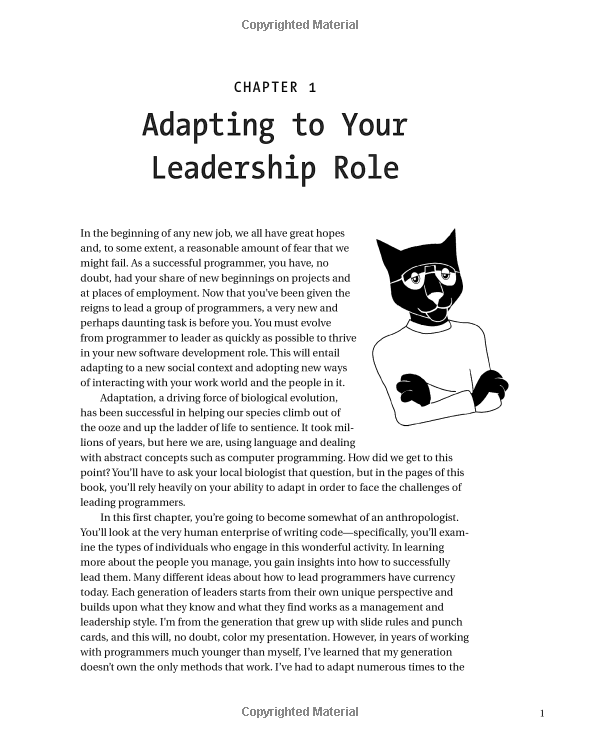The Future of Companionship: Understanding Cloning Pets and Its Implications
#### Cloning PetsCloning pets has emerged as a fascinating yet controversial topic in the realm of animal husbandry and companionship. As technology advance……
#### Cloning Pets
Cloning pets has emerged as a fascinating yet controversial topic in the realm of animal husbandry and companionship. As technology advances, the possibility of bringing back beloved pets through cloning has captured the imagination of pet owners and scientists alike. But what does cloning pets really entail, and what are the ethical, emotional, and practical implications of this process?
#### What is Pet Cloning?
Pet cloning involves creating a genetically identical copy of a pet. The process typically starts with the extraction of DNA from a deceased pet, which is then implanted into an egg cell that has had its nucleus removed. The resulting embryo is implanted into a surrogate mother, who carries the clone to term. This technology has been developed to not only preserve the genetic traits of beloved pets but also to provide comfort to grieving pet owners.
#### The Emotional Aspect of Cloning Pets

The emotional implications of cloning pets are profound. For many pet owners, the bond with their animal companions is deep and irreplaceable. The loss of a pet can lead to significant grief, and the idea of cloning offers a potential pathway to alleviate that pain. However, it raises questions about whether a cloned pet can ever truly replace the original. While the physical traits may be identical, the personality and experiences that shaped the original pet are lost in the process.
#### Ethical Considerations
The ethics of cloning pets is a contentious issue. Critics argue that cloning commodifies animals and could lead to a disregard for the lives of living pets in favor of creating "perfect" versions of deceased ones. There are also concerns about the welfare of surrogate mothers and the potential for health issues in cloned animals. Proponents, on the other hand, argue that cloning can help preserve endangered species and allow pet owners to maintain a genetic link to their beloved companions.
#### The Cost of Cloning Pets

One of the practical considerations for pet owners is the cost of cloning. The process can be incredibly expensive, often ranging from tens of thousands to over a hundred thousand dollars. This high price tag limits the accessibility of cloning to only a select few pet owners, raising further questions about the equity of such technology.
#### Alternatives to Cloning Pets
For those who are not able or willing to clone their pets, there are alternatives that can provide comfort and companionship. Adopting a new pet from a shelter or rescue organization can be a fulfilling way to honor the memory of a lost companion while giving a new animal a loving home. Additionally, memorializing a pet through art, photos, or keepsakes can help with the grieving process without the complexities involved in cloning.
#### Conclusion

In conclusion, cloning pets is a complex topic that intertwines technology, emotion, ethics, and practicality. While it offers a unique solution for grieving pet owners, it is not without its challenges and controversies. As science continues to evolve, it is essential for pet owners to carefully consider the implications of cloning and to explore all available options for honoring their beloved companions. Whether through cloning or other means, the ultimate goal remains the same: to cherish the bond we share with our pets and to find ways to cope with the inevitable loss that comes with pet ownership.